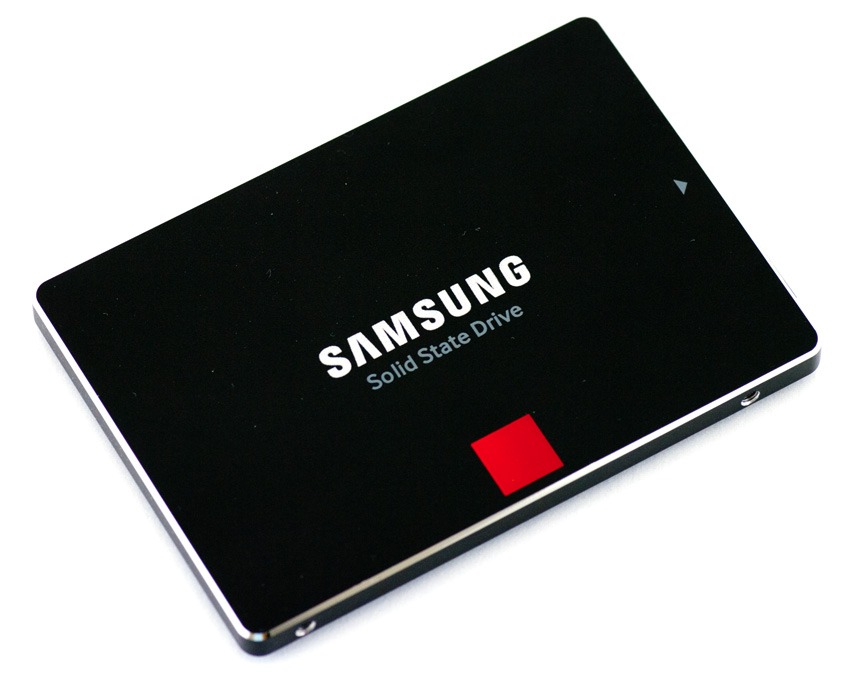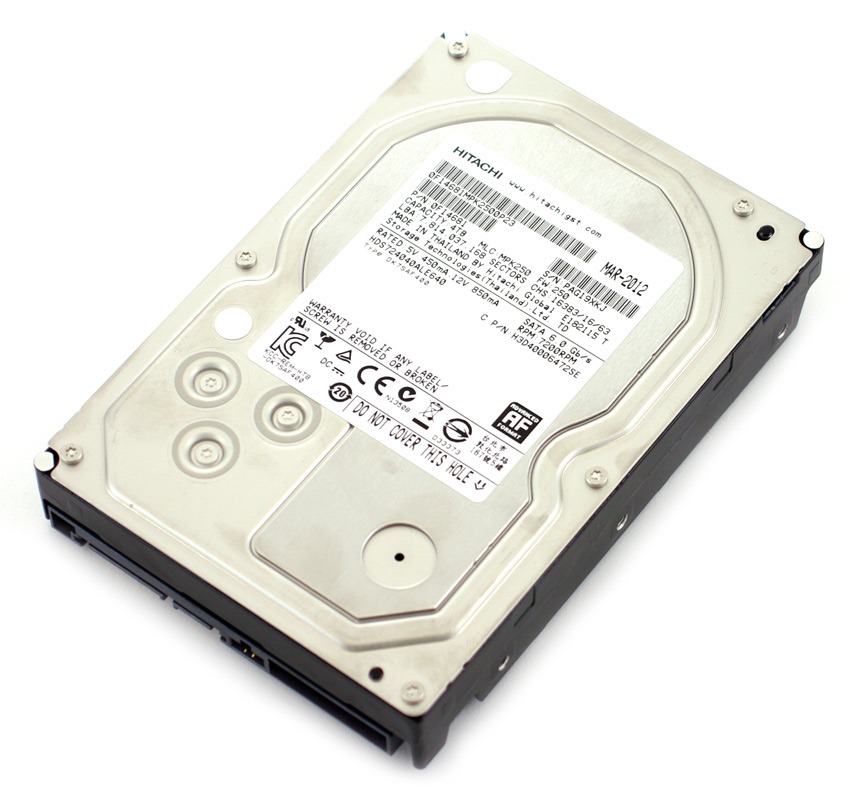A solid-state drive (SSD) is a nonvolatile storage device that stores persistent data on solid-state flash memory. Solid-state drives actually aren’t hard drives in the traditional sense of the term, as there are no moving parts involved.
A traditional hard disk drive (HDD) consists of a spinning disk with a read/write head on a mechanical arm called an actuator. An SSD, on the other hand, has an array of semiconductor memory organized as a disk drive, using integrated circuits (ICs) rather than magnetic or optical storage media.


SSD vs. HDD pros and cons
SSD performance is considered to be much faster than the highest performance electromechanical disk drives. Seek time and latency are also substantially reduced, and end users typically enjoy much faster boot times. In general, SSDs are more durable and much quieter than HDDs, with no moving parts to break or spin up or down. SSDs employ wear leveling to increase drive lifespan. Wear leveling is typically managed by the flash controller, which uses an algorithm to arrange data so write/erase cycles are distributed evenly among all the blocks in the device.
| Attribute | SSD (Solid State Drive) | HDD (Hard Disk Drive) |
| Power Draw / Battery Life | More power draw, averages 6 – 7 watts and therefore uses more battery | |
| Cost | Expensive, roughly $0.20 per gigabyte (based on buying a 1TB drive) | |
| Capacity | Typically not larger than 1TB for notebook size drives; 4TB max for desktops | |
| Operating System Boot Time | Around 30-40 seconds average bootup time | |
| Noise | Audible clicks and spinning can be heard | |
| Vibration | The spinning of the platters can sometimes result in vibration | |
| Heat Produced | HDD doesn’t produce much heat, but it will have a measurable amount more heat than an SSD due to moving parts and higher power draw | |
| Failure Rate | Mean time between failure rate of 1.5 million hours | |
| File Copy / Write Speed | The range can be anywhere from 50 – 120MB / s | |
| Encryption | Full Disk Encryption (FDE) |
|
| File Opening Speed | Slower than SSD | |
| Magnetism Affected? | Magnets can erase data |
Whether it’s normal web hosting or VPS, Host Mayo provides only pure SSD hosting.
[…] Mayo uses cutting edge technologies along with pure SSD. Mariadb, Litespeed & minimal Linux distros are just to name a […]